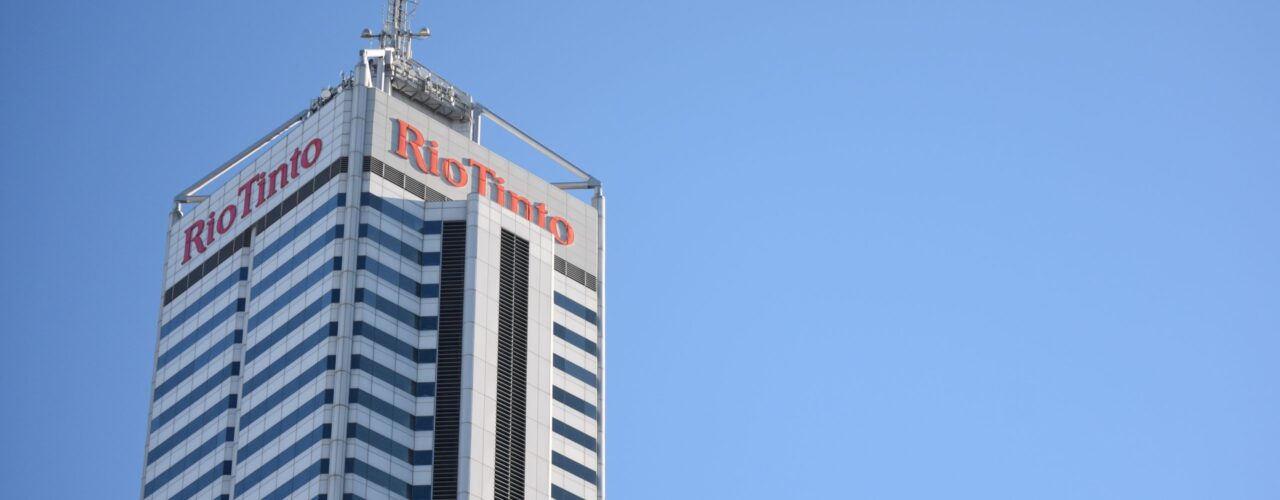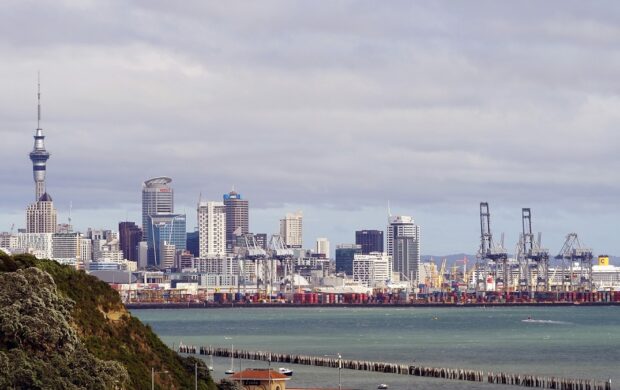The Chief Executive of Rio Tinto, the world’s second largest metals and mining corporation, has quit over the destruction of a sacred aboriginal site in Western Australia. Investors expressed shock and demanded answers after the iron ore miner detonated explosives at rock caves in Juukan Gorge that showed continual evidence of human occupation for 46,000 years.

So what?
“What happened at Juukan was wrong and we are determined to ensure that the destruction of a heritage site of such exceptional archaeological and cultural significance never occurs again at a Rio Tinto operation. We are also determined to regain the trust of the Puutu Kunti Kurrama and Pinikura people and other traditional owners”, said the company Chairman, Simon Thompson.
The resignation of the CEO and two other senior executives has been heralded as an important moment for shareholder activism by the Australasian Centre for Corporate Responsibility (ACCR), an investor advocacy group. ACCR has since filed two resolutions with other mining companies requesting a moratorium on damaging or disturbing cultural heritage sites.
In future, could we see major companies take investor perspectives as seriously as the law? Legally, Rio Tinto was actually within its rights, under Section 18 of the Aboriginal Heritage Act, “where land users conclude that impact to a site is unavoidable”. In a governance failure, the full significance of the site was not assessed before the right was granted.
However significant the moment for shareholder activism, it pales against the loss of a site valued for over 46,000 years. What will it take for such an atrocity not to be repeated?
Beyond mechanisms to gauge investor opinion on major decisions, it shows the need for a cultural shift in the mining industry and all related value chains, such that the question, ‘Do we have the right to destroy an ancient site?’ is never asked.



















Join discussion